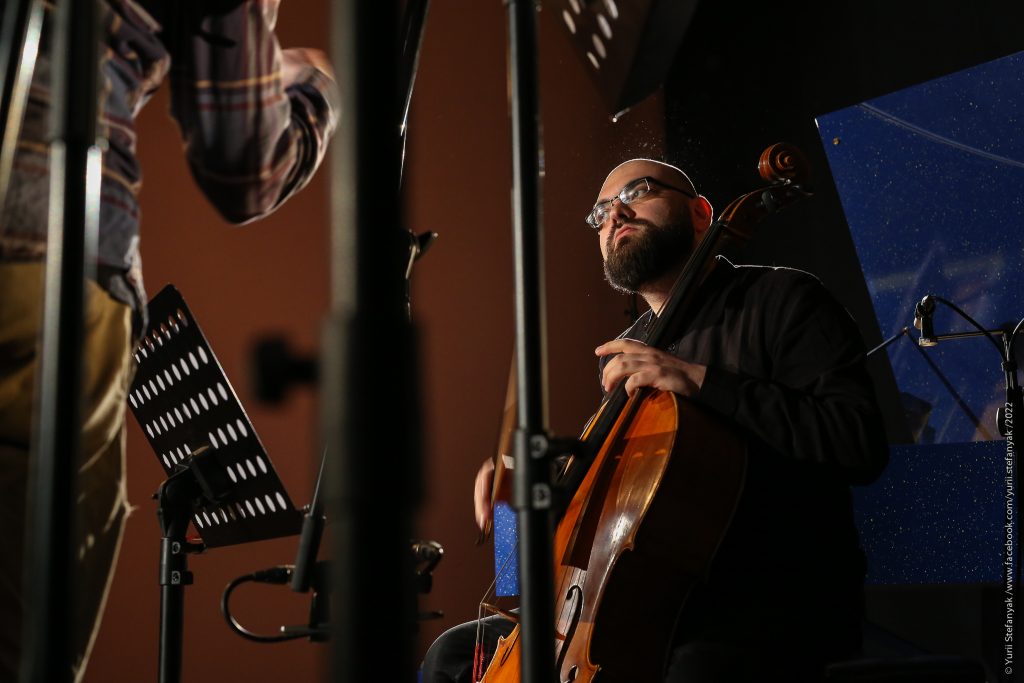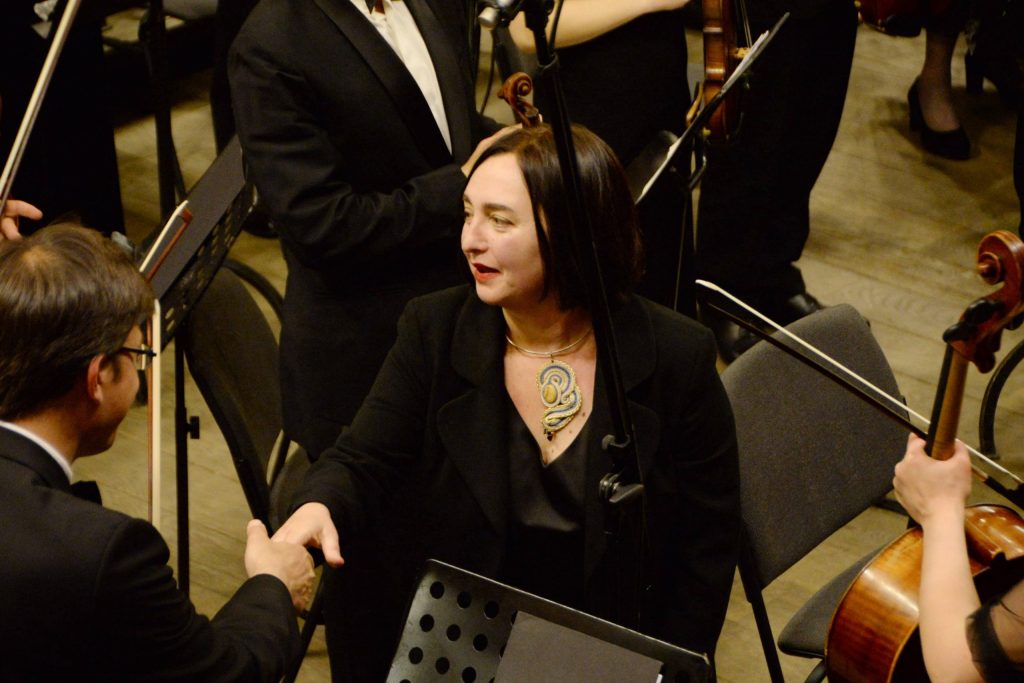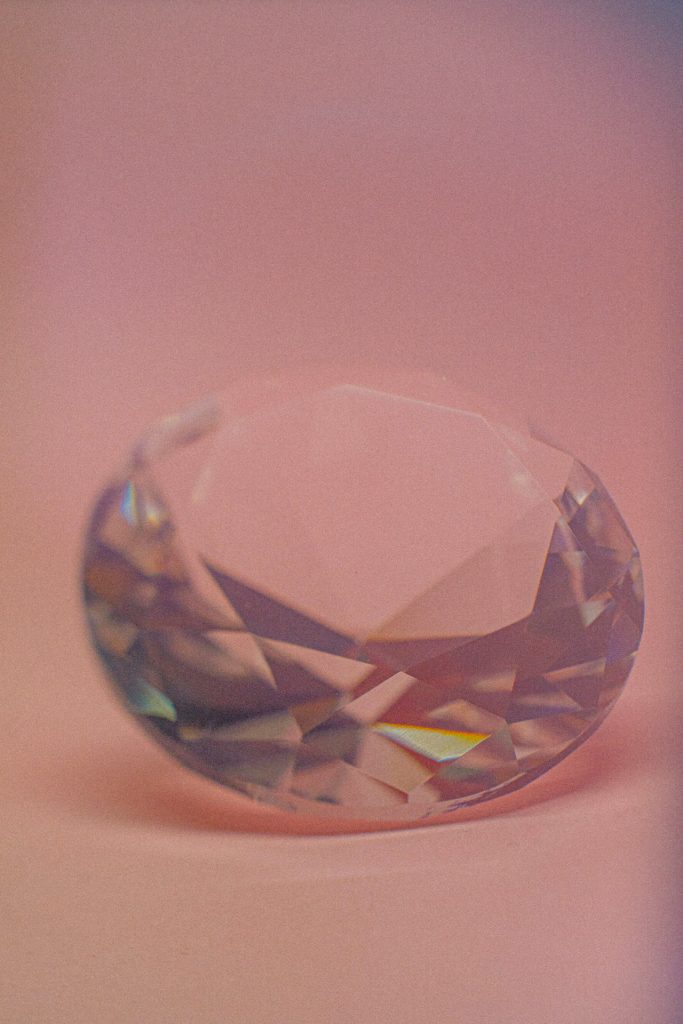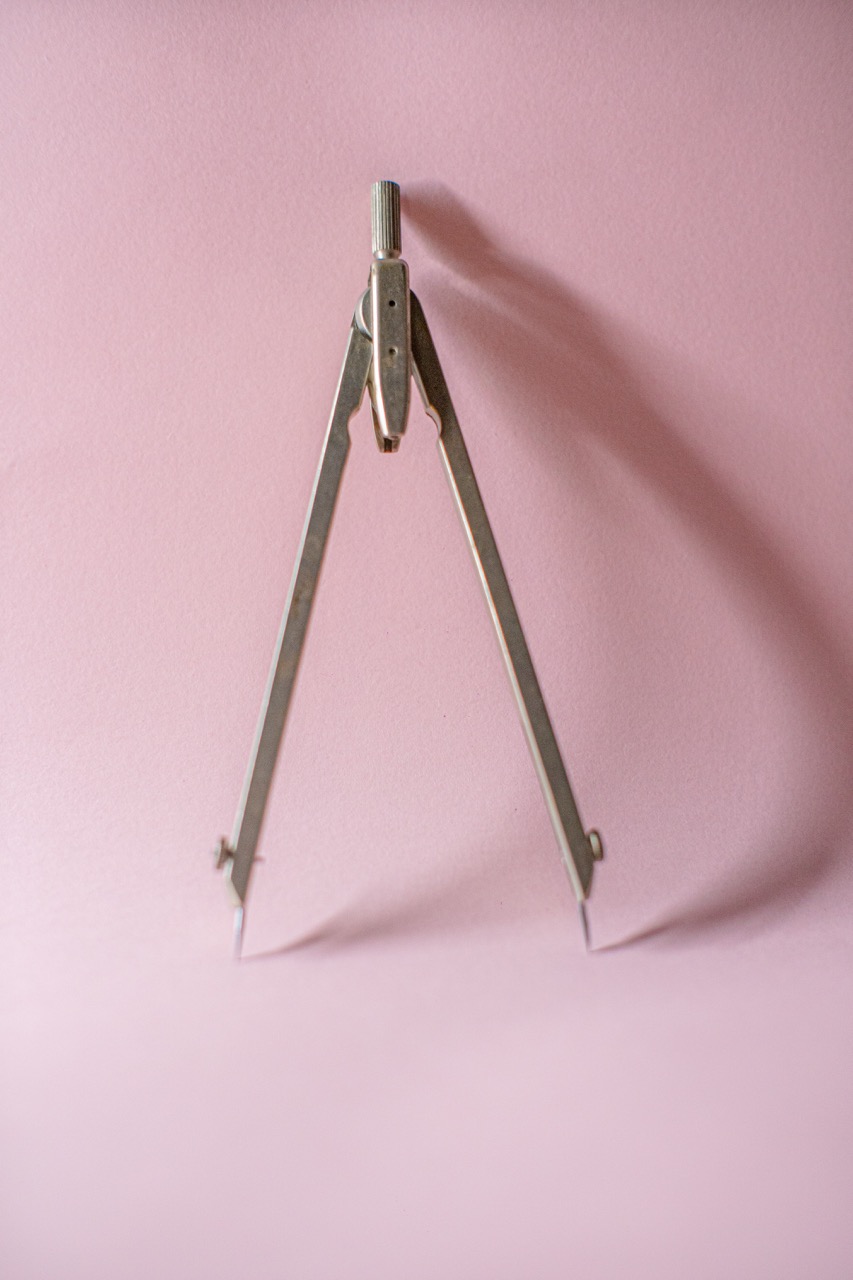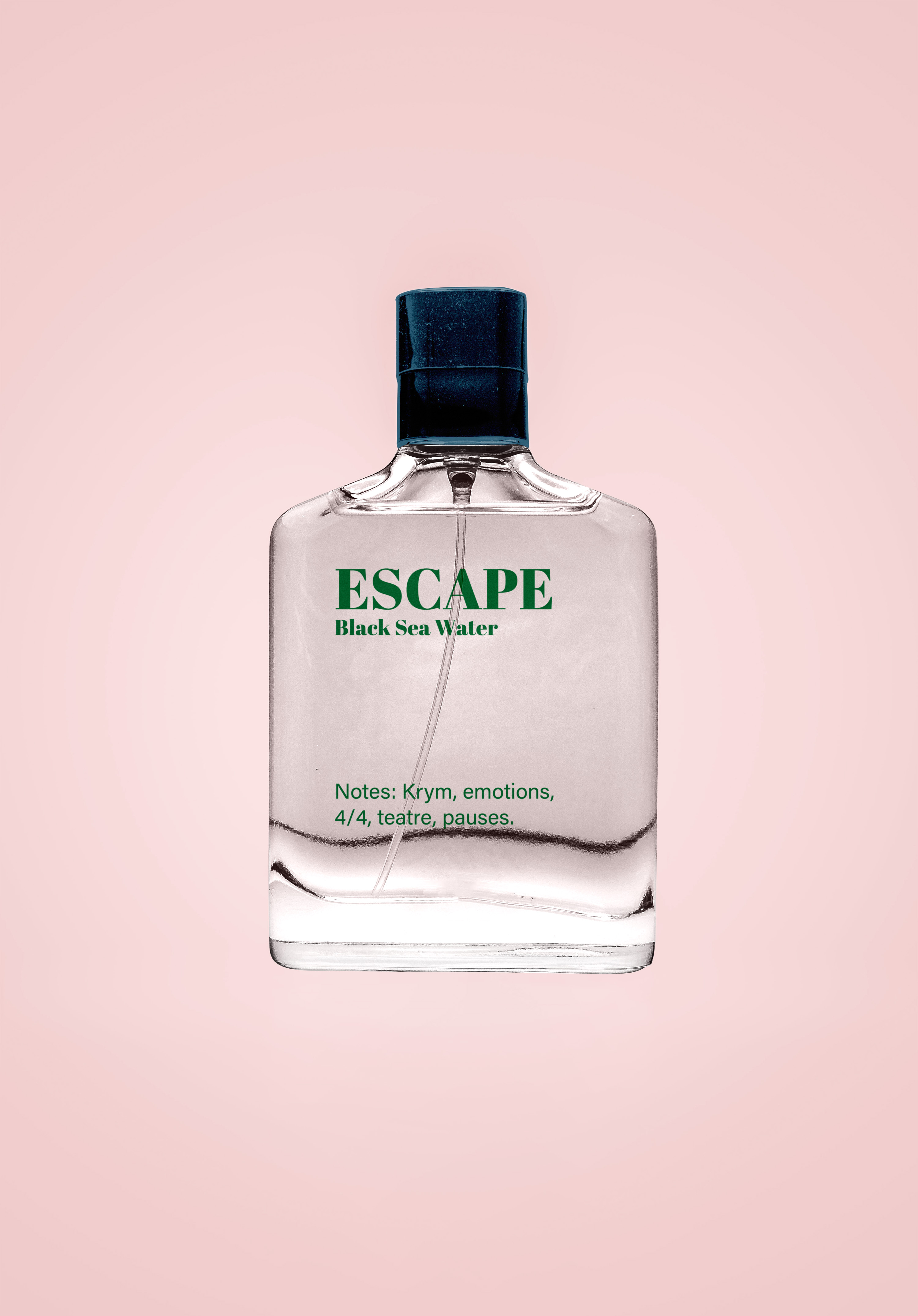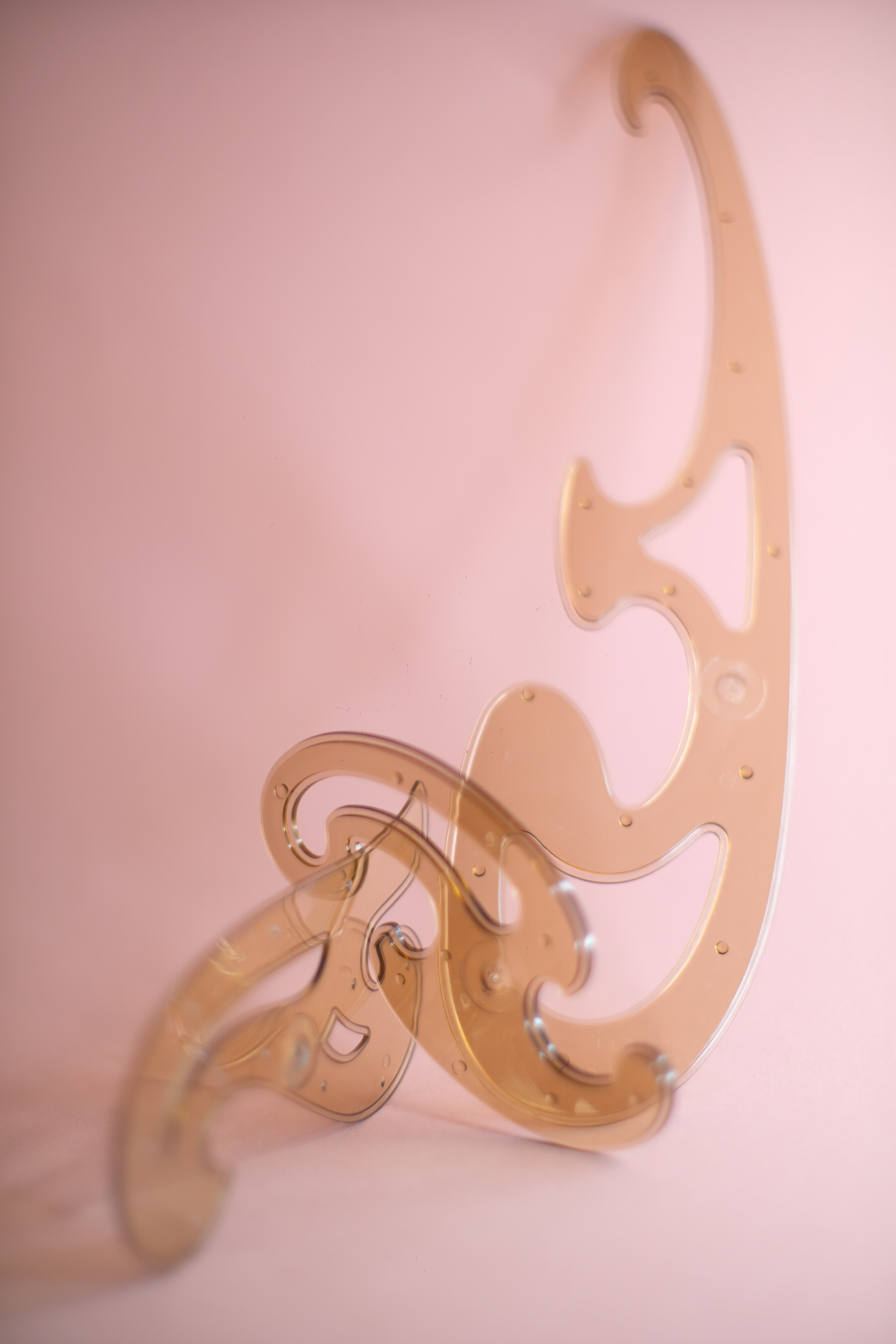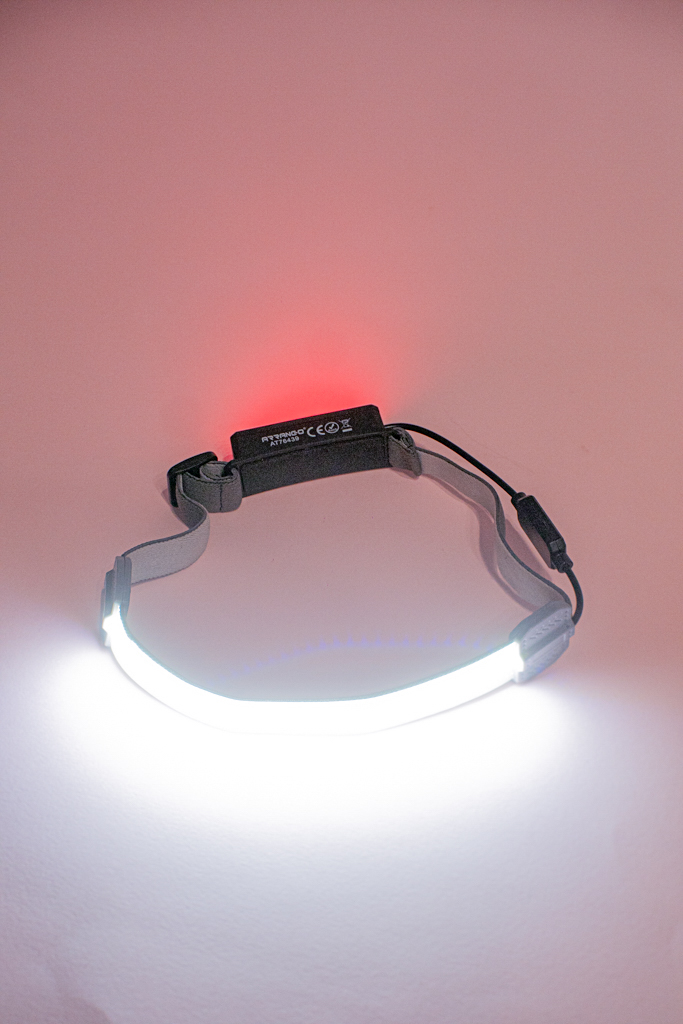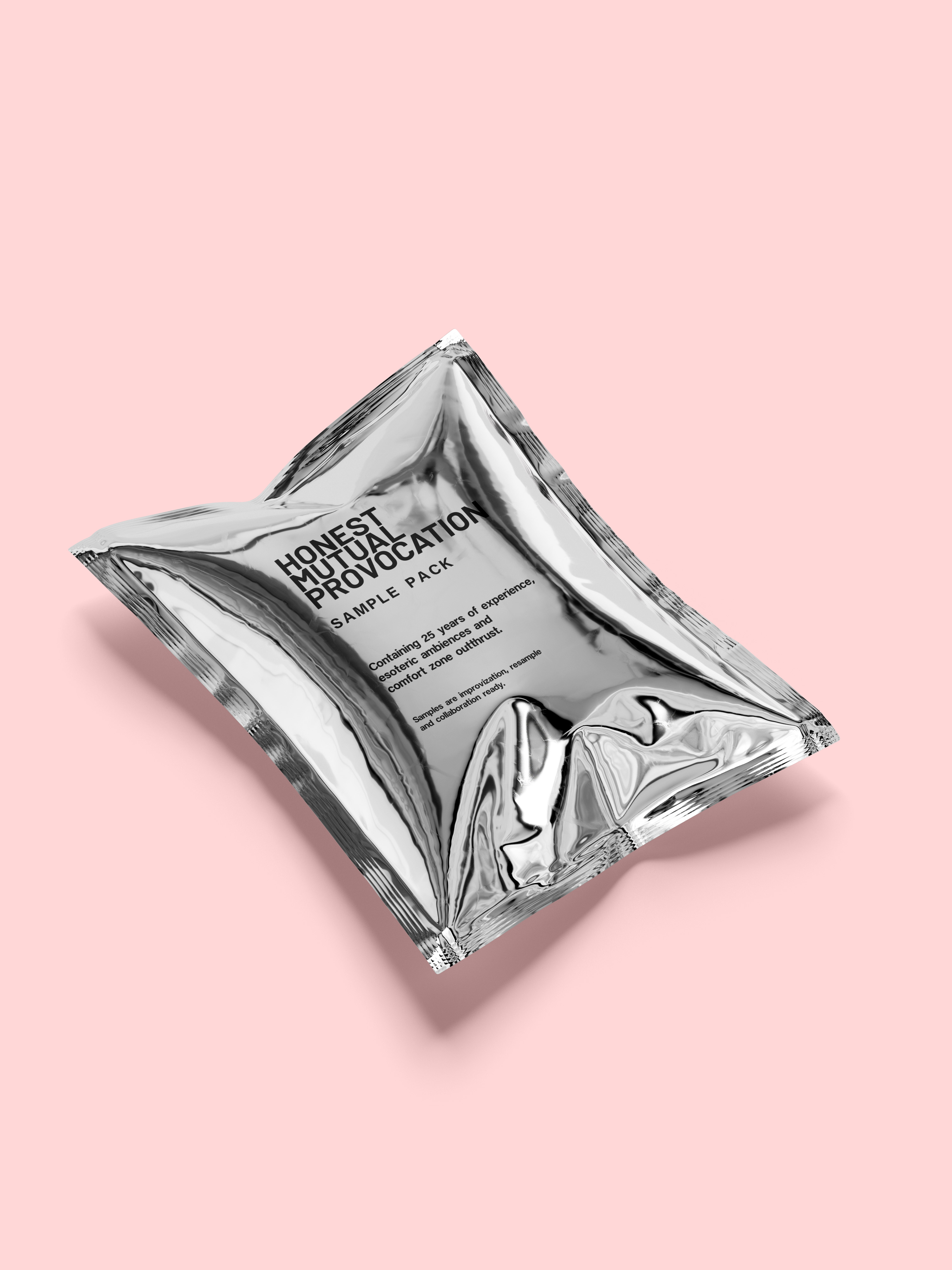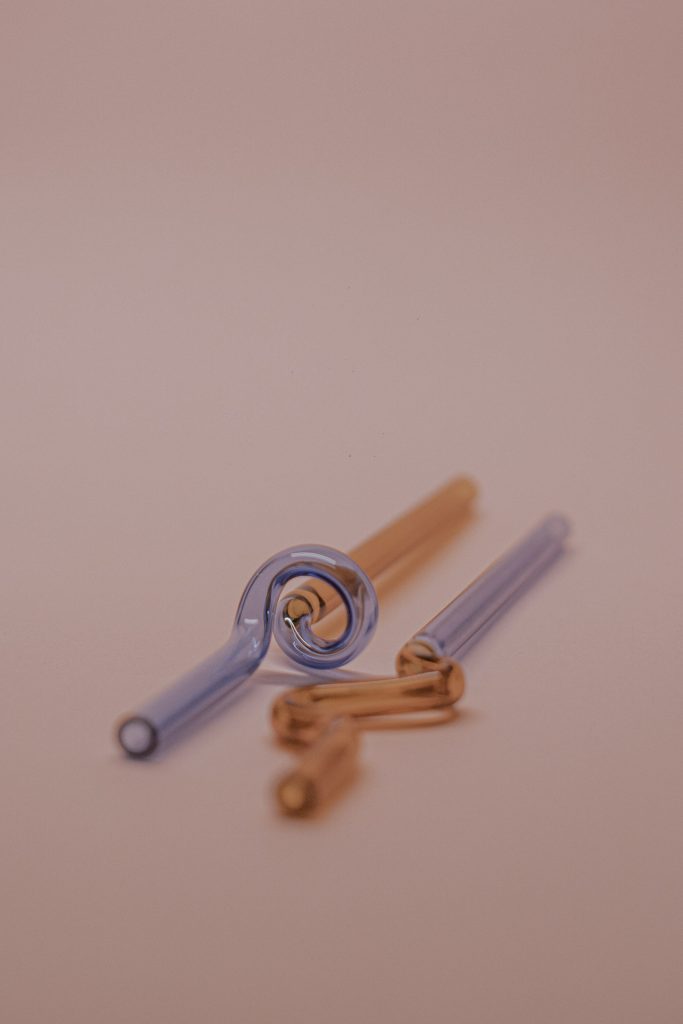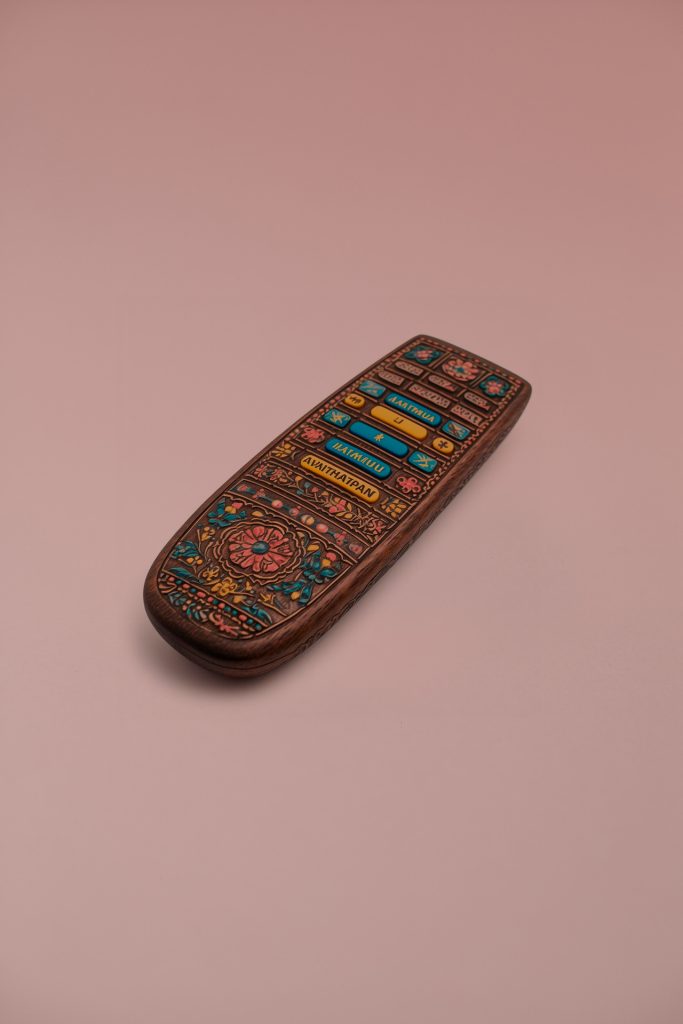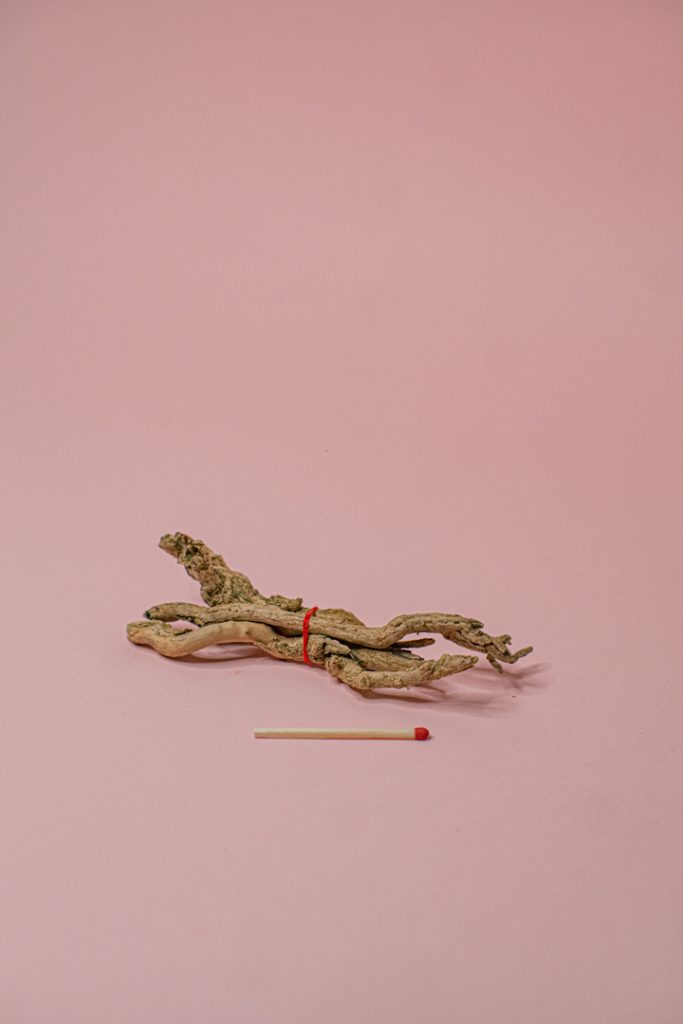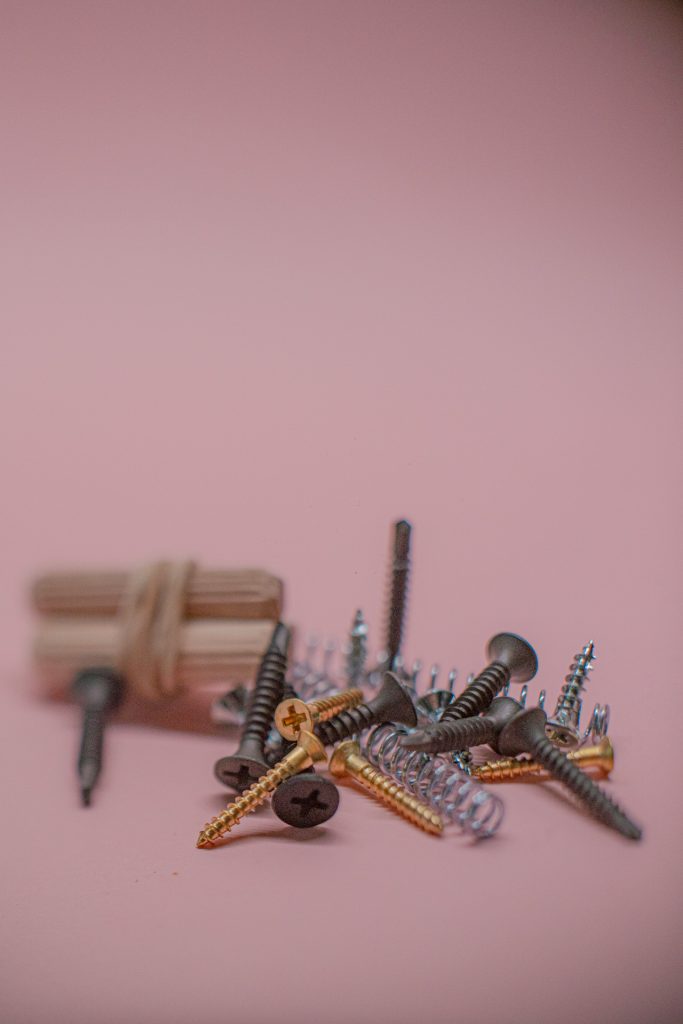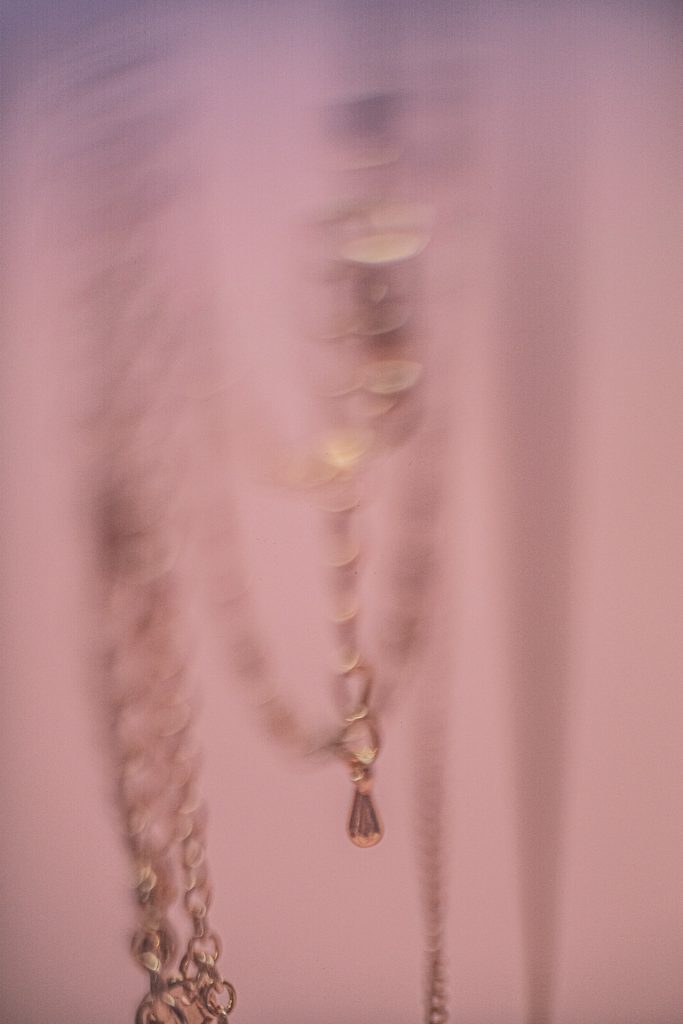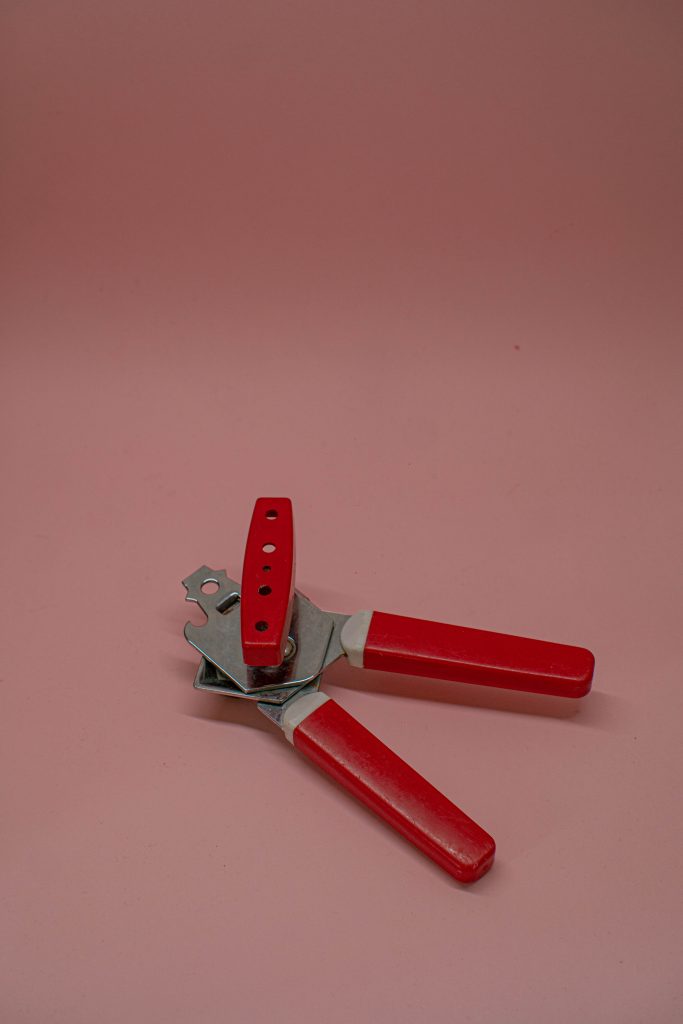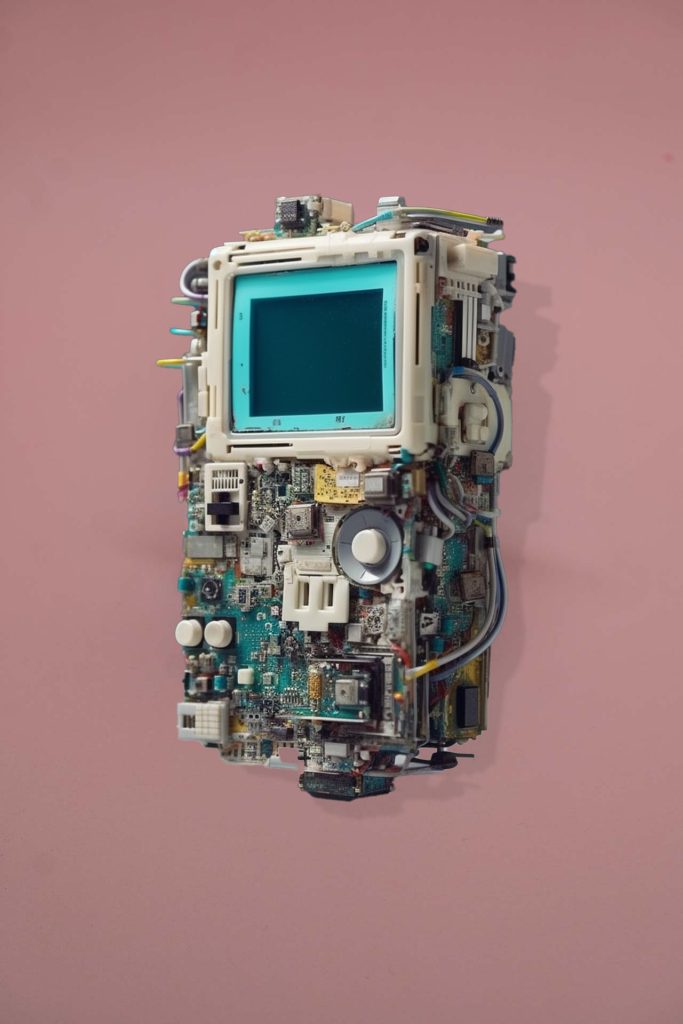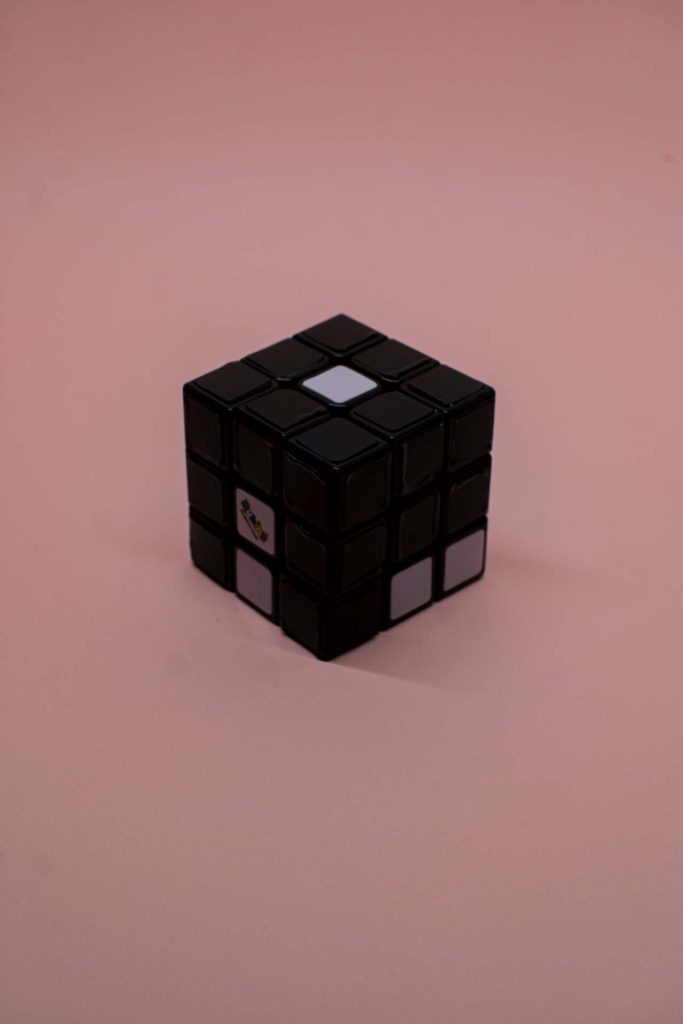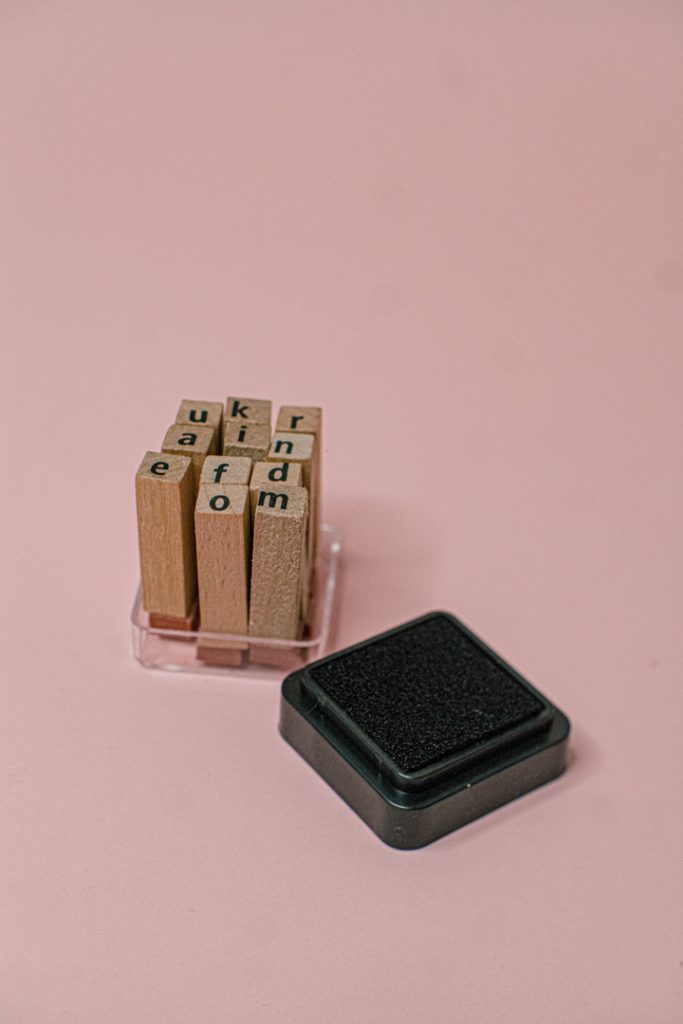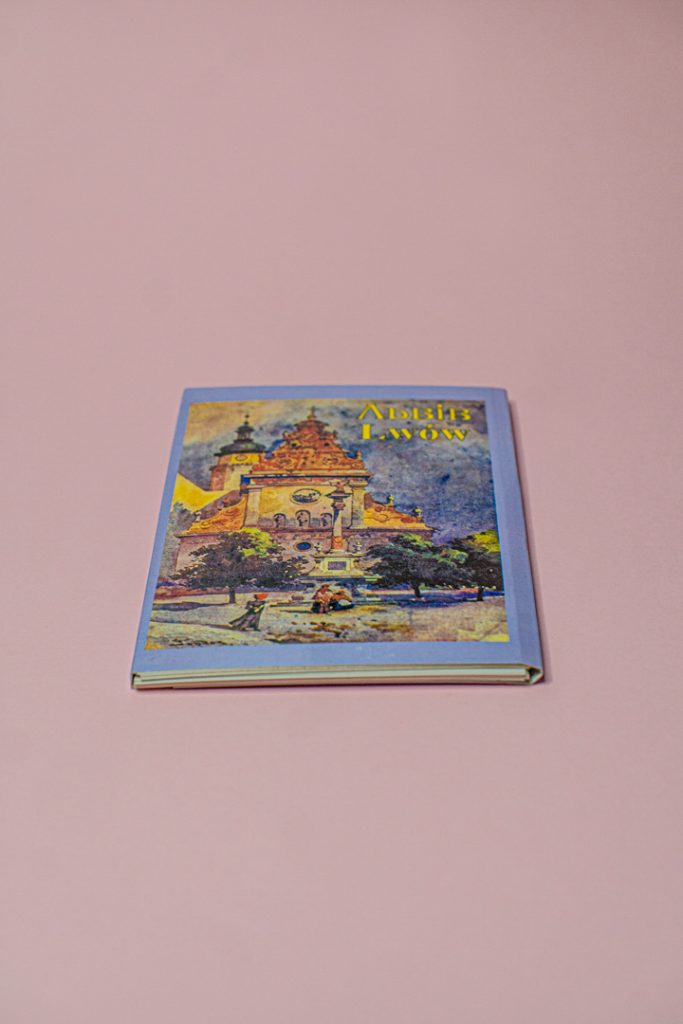
lviv defense postcard
Lviv Contemporary Music Scene in the Wartime
“When will the hatred finally cease?” 1 , French composer Claude Debussy wrote in 1916, during the First World War.
“We are also soldiers in this war”, Ukrainian cellist Viktor Rekalo [Віктор Рекало] stated in 2022, during Russian-Ukrainian war.
Ukrainian artists seem to gradually adapt to the gloomy realities in the tenth month of the Russian military aggression. At first, the subject of their reflection was the pressing issues concerning survival, security, and rescuing loved ones. After a summer full of creative activities, autumn season has come with the electricity being turned off most time of the day and coldness consequently. Today, there are more and more reflections on what the full-scale phase of the Russian-Ukrainian war has brought, and discussions about how to live in new difficult circumstances, while also continuing to work creatively.
Lviv is considered one of the Ukrainian cities, where state and private cultural institutions are functioning successfully. The Philharmonic and the Opera House, as well as the numerous musical platforms and formations, have become today’s cultural frontier. The city, located in the western part of Ukraine, plays an important role both as a huge volunteer hub, helpful to millions of temporarily displaced persons and refugees, and appears to be an unshakable art fortress. It was Lviv that set the example of cultural survival, by covering the magnificent ancient sculptures and monuments and hiding them from missile bombings.
Eventually, musicians from most war-damaged Ukrainian cities found shelter in the town. There are up to now no front-line war actions in Lviv, so there is an opportunity for artists to perform. At the moment, the programme in all leading art institutions have been resumed. However, during this time, Lviv was bombed several times. The sounds of flights and scarring air sirens are still resounding in the air several times a day. After a while, the Philharmonic began to hold concerts with tickets, letting the audience in the hall, as the Philharmonic has a bomb shelter (designed for about a hundred people).
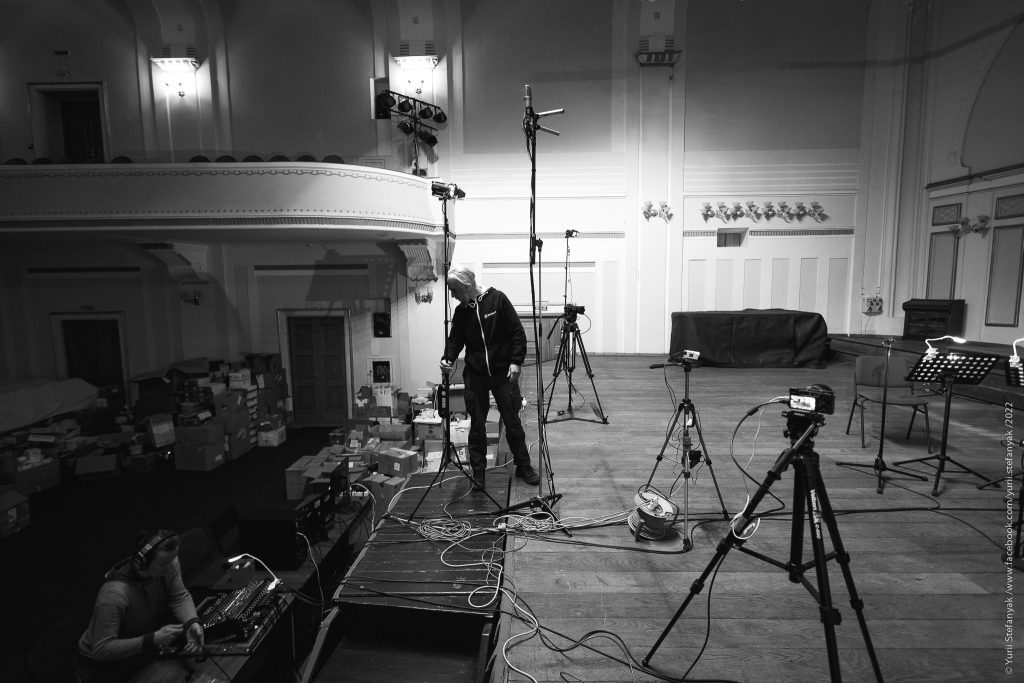
Preparation for the concert from the “Muses Are Not Silent” cycle in Lviv National Philharmonic, photo by Jurij Stefaniak
The first project aimed to support musicians who came to Lviv right after February, 24, was a digital concert series Muses Are Not Silent by Myroslav Skoryk Lviv National Philharmonic. It summoned musicians from Kyiv, Kharkiv, Chernihiv and other Ukrainian cities, with the aim of giving them an opportunity to perform and continue their artistic function. Launched on March 23 as an online live-streaming project on YouTube, it has made it clear to the world that musicians are also fighting and doing their best to make the world aware of our achievements and challenges. It is organized in digital format by YouTube live streams with 2 or 3 events a week, and gathers a foreign audience with approximately two thousand views every broadcast. The charitable donations are going to the Ukrainian musicians and the volunteer organizations, such as Dobrochynets. But the most essential aim of these concert series is that it makes about thirty musicians during the first month able to continue with their profession. Below are some comments from the artists in Lviv.
According to many artists, the first feeling was that of confusion and agitation. Viktor Rekalo, cellist and composer, stated: “Although we all felt that a full-scale war was ahead of us, there were many concert plans. But during the first days, musicians, as people in other professions, felt fear for the lives of their loved ones and tried to solve the situation somehow. Then, after a while, people started thinking, ‘Is there any career at all in these circumstances? How should I act as a professional?’”.
Many musicians were not able to make plans about their artistic activity, both for emotional reasons and the inability to take instruments out of the bombed homes. Olga Shadrina-Lychak [Ольга Шадріна-Личак], a harpsichordist, has shared her thoughts.
Like most of us, I was completely unprepared for a full-scale Russian invasion, although I understood that this was about to happen. I felt fear because of my children’s safety and their future. I felt despair, a naive hope for the war to end as soon as possible, and mood swings (…) My story is no different from the stories of millions of Ukrainians, except for the personal details. Everyone is doing everything possible in their way to bring victory. I volunteered a bit, weaving camouflage nets and helping to prepare food for refugees on the platform at the Lviv railway station. The invitation to participate in the project Muses Are Not Silent for me was a return to music, to the harpsichord, to life, with no exaggeration – because I could not take my instruments with me out of Kyiv, and it really hurt me….
The clarinettist, Dmytro Pashynskyi [Дмитро Пашинський], has indicated that at the beginning of this terrible war, the musicians couldn’t even imagine such things as continuing to rehearse and give concerts. “Everyone tried to do as much as possible for the army, for the neighbours, and for the people (…) Hearing news about missiles and the death of innocent souls hurts me badly, and our armed forces struggle much more than we do. But after a while, we felt the need to keep up the spirits. This is where creativity began to manifest itself in many areas.” A radical change in the paradigm of life has affected everyone, both musicians and listeners. Zoltan Almashi [Золтан Алмаши], the composer and cellist, said:
Of course, life has changed forever. When you live in the crucial battle of civilizations, you can’t help but change; you can’t help but grow. Yes, I guess I’ve grown up a lot these days. To be an adult means to be responsible. To realise the inevitability of non-existence, to understand that everything you do should be the best you can do, because tomorrow you may suddenly pass away. But you still get a feeling of joy and euphoria, realising that you live in a country that is on the side of good, the state which fights against global evil. This is a great privilege to live in Ukraine. I’m lucky!
Gradually, with each new day and concert, musicians wanted to create more and more in their field. Therefore, Viktor Rekalo noted the special artistic mission:
We are also soldiers in this war. This is such a common phrase, but thanks to projects like Muses Are Not Silent and its format, you define yourself as an artist and as a human. That’s why, even playing at live streams, somehow you feel that people really need it. One can disagree with that, but it’s a very necessary thing. The soul must remain alive. We volunteer, or we donate to the army; all these things are tangible. And such projects are not intangible things, which we have been through all our lives as musicians.
Finally, Pashynskyi’s phrase may be the conclusion of this artistic scene picture: “Hearing news about missiles and the death of innocent souls hurts me badly. Anyway, our armed forces struggle much more than we do”.
The concert programs of the series presents a panoramical view from the 16th century to the contemporary, and concerns introducing primarily Ukrainian music. Some of the most memorable performances included the works of composers of the sixties, Yevhen Stankovych, Valentyn Sylvestrov, and Myroslav Skoryk. One of the performing groups, the Cello Quartet (consisting of Zoltan Almashi, Oksana Lytvynenko, Viktor Rekalo and Maksym Rymar), united musicians from Kharkiv, Kyiv and Lviv. This quartet was made possible due to the war that started. Among other music, they performed for example compositions by Bohdan Sehin and Zoltan Almashi.
The whole project was dedicated to the memory of the famous Ukrainian composer Hanna Havrylets [Ганна Гаврилець], the author who died in Kyiv, during the first days of the war, while not being able to get the doctor’s help in time. Phoenix String Quartet (consisting of Mykola Haviuk, Petro Titiaiev, Vadym Pedorych and Denys Lytvynenko) has performed subtle and empowering pieces such as Metamorphoses, Reminiscences, Expressions and To Mary.
Havrylets’s creativity has always been characterised by a sensual pathos, sometimes turning to the stream of leaning towards a “new simplicity”. Having grown up hearing Carpathian and Galician chants, the folk music of the mountains, the composer transferred them into the musical direction in the terms of a personal contemporary language. This can be most noticeable in the piece Metamorphoses (although all the pieces that evening were written for quartet composition; none of them had a quartet form). The ardent, grotesque theme, clearly marked by the dance features of tango, reminded me of music from the Lviv region from a century ago. The bright theme, as the title indicates, gradually transforms into enlightened lyricism. However, the piece at the same time suggests the stylization of early modern musical time.
Actually, Havrylets’s instrumental music is rarely performed, probably because of her being recognized as a master of choral writing. And for good reason, because, just like the masterful stylization, the work Expressions represents another side of Havrylets’s creativity. Harmoniously made of the echoing of singing intonation parts, it is an extended, long-lasting meditation which evokes memories of streams and rivers quavering the ancient song into fresh musical line, praising the beauty of nature.
The composer was called a phenomenon of a “planetary scale” by the most authoritative performer of her choral paintings, the head of the Chamber Choir “Kyiv” Mykola Hobdych. The concert from the “Muses” series confirmed that her achievements in various musical genres and her compositions require special attention as well as artistic action and should be performed more.
Later, in May, the Muses Are Not Silent project brought back to life Virtuosos, the international festival of Lviv National Philharmonic. Despite the fact that it took place at the end of the last month of spring (May, 20-29), three months into the war, and despite Lviv being situated almost on the border to Poland, foreign artists were still afraid to come to Lviv. Volodymyr Syvokhip, the General Director of the Philharmonic, spoke about foreign artists who were afraid to go to this city: “Some artists from a Western European country said to me, ‘We are ready to come to you, to play music, but we are afraid that we will die there, despite coming to you with peace.’ These are the realities, I almost quoted a foreigner from a distant European country. The conversation took place on the same day when Lviv was hit by rockets again.”
But many internationally known artists did come to Lviv to perform. They were: Vincent Kozlovsky (Polish conductor), Eva Zavaro (French violinist), Rafael Serrallet (Spanish guitarist) and several others. As Kozlovsky said during his visit, “Ukrainian culture is what we are defending now. Music gives hope. By performing a concert, we also want to contribute to hope”.
But there were also bright moments of art: The Philharmonic gave the opportunity for the premiering of new works, such as the Cello Concerto by Bohdana Frolyak [Богдана Фроляк]. The composer says, “I have always associated my instrumental concerts with the musicians for whom they were created and who inspired me to write them. The music of each concert corresponds to the musical image of the performer, his inner world and musical mentality. She indicated that the Cello Concerto has been her dream for a long time.
For some time I didn’t have enough courage to write it. But it came when I was asked to write a concerto for Yurii Laniuk, a prominent contemporary musician, cellist and composer. The premiere of this work Cello Concerto happened at a difficult time, during a terrible war, when my country and my people are fighting for the right to be and live for themselves and the world…
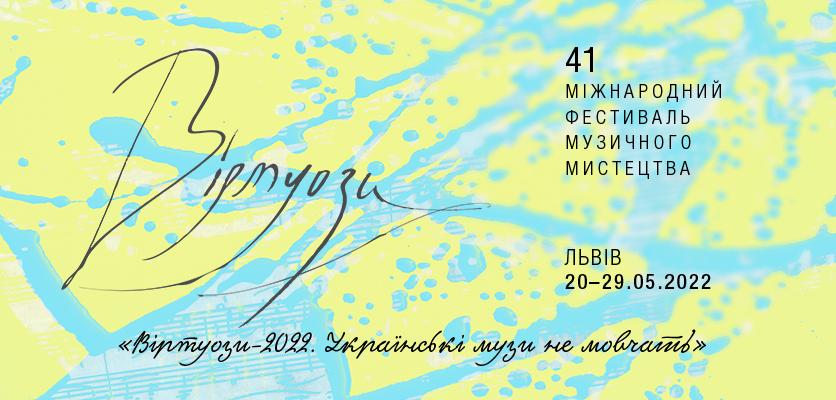
A poster promoting the 41st International Festival “Virtuosos-2022. Ukrainian Muses Are Not Silent”
Despite the fact that there were general concerns and fears about the downturn in activity in the music scene, other difficult as well as more concrete questions arose, such as “how to safely perform concerts in a secure place, how to get funding, will the audience make it to the concerts – will there even be a demand for music? In what conditions will the concert take place?”. But after all, even though some musicians have left the country, the state institution showed its ability and managed to present Ukrainian music also around the world thanks to the live streams.
Ukrainian composers have reflected on the theme of war, by writing new compositions. Recently, the 29th concert of the cycle, titled Sad Drymba’s Sounds, took place. The composer and cellist Denys Lytvynenko [Денис Литвиненко] told the listeners about his Cello Sonata, the final piece of the program: “It is a prayer under guns. It begins with a picture of a peaceful, beautiful land that has been covered in blood for centuries. In the beginning, there is a Ukrainian theme, later covered in chaos, war and sirens. But yet, here the true light will overcome the darkness!”.
Now we can talk about the fact that it happened. Although another month of the war dictated its conditions and the attention of demanding listeners, who had already become regular visitors to the project’s online broadcasts, became much more difficult to capture, the music program in June was distinguished by innovations and bold experiments in various interdisciplinary fields.
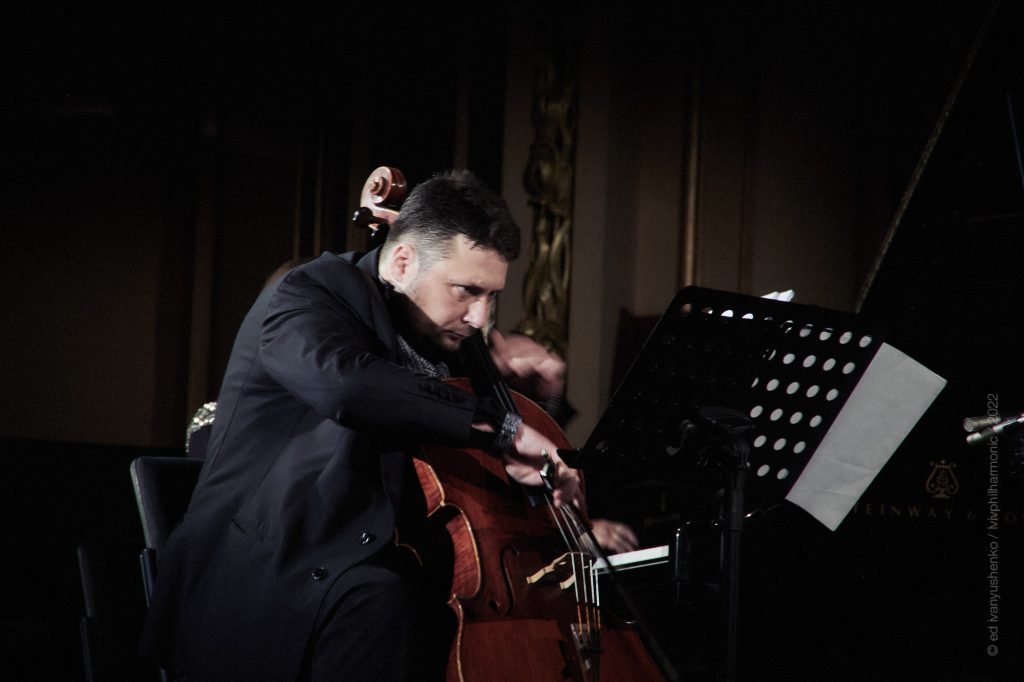
Denys Lytvynenko, picture by Eduard Iwanuszenko
First, on June 16, the famous violinist Oleh Krysa, who lives in America, arrived in Ukraine. After spending his childhood and school years in Lviv, Oleh Krysa made his American debut at Carnegie Hall in 1971. The performance was described by “The New York Times” as “a performance to make a violinist’s reputation had he come without one”. On June 1, the performer turned 80 years old, and he came to celebrate this anniversary with his friends despite the military actions in the country, arguing that: “If I hadn’t gone to Ukraine, I would have regretted it all my life.” However, the benefit concert was marked not only by a meeting of old friends and a warm welcome in the Kyiv and Lviv philharmonics, but also by a unique program.
Although Charles Ives’s The Unanswered Question is generally considered the masterpiece of early modern music from the beginning of the last century and has long become a regular at orchestra events, it is rarely heard in Ukrainian concert halls. Especially when it is performed together with a younger relative, his “grandson”-in-composition, Concerto No. 5. The Unanswered Question for violin and orchestra, by Yevhen Stankovych [Євген Станкович]. It was written in 2017 and dedicated to Oleh Krysa’s 75th anniversary. The composer declared that he was inspired by the idea of Ives’ work, without specifying.
It should be noted separately that Krysa himself, despite his respectable age, was in an exceptional performing form. Having first played Mendelssohn’s violin concerto fully, the violinist presented the audience with a contemporary, but restrained, virtuoso performance. Actually, the music itself is quite typical for Stankovych – the sensitive philosophizing is combined with subtle lyrics in large forms.
The next major artistic project by “Muses” was a combination of poetry along with virtuoso double bass performance. On June 25, the Ukrainian PEN Organization and the Lviv National Philharmonic united to present a striking artistic experiment of two eternal mates, as its format combines poetry readings by famous Ukrainian authors with contemporary classical music.
Nazar Stets [Назарій Стець] performed a musical program of works by contemporary composers. All these works are huge contributions to the repertoire for the double bass, which is still insufficient. Stets, who himself is a passionate popularizer of solo practice of this underrated instrument, often commissions works from Ukrainian authors himself. Among these works, Caprice by Edward Kravchuk, a young composer from the younger generation, should be mentioned. It is interesting that in this work, the composer does not shy away from using popular melodic turns, playing postmodern games with the song achievements of pop culture and quoting them.
But Stets’s innovative desire to promote the most modern art is especially deeply manifested in the symbiosis of poetry and music. During the reading of the poems, he improvised, and in-between them, he built a harmonious concept of the program that bridges, from the introductory Hauta-aho, Kravchuk, the fiery Scodanibbio, Zbinden and Ellis.
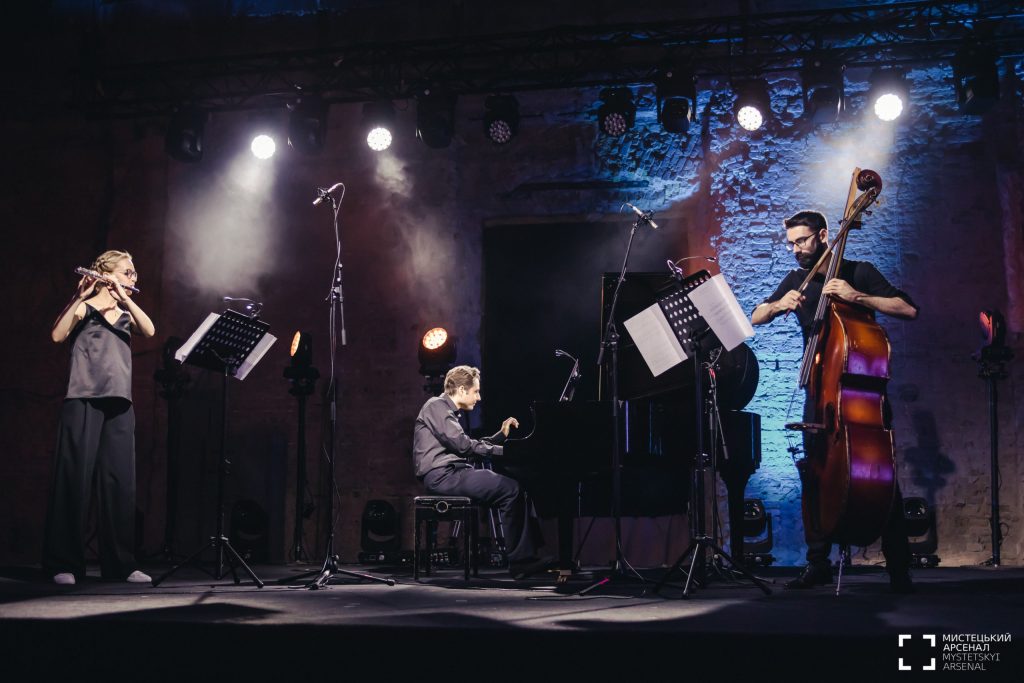
Inna Vorobets (flute), Stanislav Huminiuk (piano), Nazar Stets (doube bass), picture by Serhiy Khandusenko
In the end, just before a short stop due to the end of the philharmonic season, the project got in touch with a famous pianist, Hennadiy Demianchuk [Геннадій Дем’янчук], from Chernihiv who, after three weeks of the most intense shelling of his hometown, managed to escape with his family to the safer western part of Ukraine, and only a few months later he dared to resume concert activity. Here is his touching story, which says about everyday bombings, the absence of electricity, gas, and water in the city, and long queues for food.
We spent the three most horrible weeks there. In the end, my student, who belongs to one of the religious denominations and is a volunteer, helped us to leave the city under a hail of rocket debris. Two days later, after we left, the bridge over the Desna, which connected the Chernihiv region with Kyiv, was blown up. Until then, every day we expected that there would be an occupation, battles on the streets… However, Chernihiv turned out to be a stronghold that the Russians could not take. Then, for the first time, we had a relatively peaceful overnight stay in Kyiv, went to Rivne, and from there to Chervonograd, a small town where our friends were staying. Now we are in Lviv. The memories of what we experienced are terrible. Before, I couldn’t even talk about this topic.
The program, which was performed on July 9, is mostly classic and relies on samples of music, from Baroque to Romanticism. Staying in shape for such a program after months without playing is a challenge. However, the relation to art is the main force, about which the pianist says the following:
Art is what distinguishes us, and makes us human. It was God who gave us such a gift to express our thoughts and to depict the external and internal worlds with the help of art. Other creatures can’t do this, but they can’t kill either… They don’t kill for pleasure, which is what the this little man Putin is doing now. Animals kill when they need to eat. A human is such an interesting creature. We have art, and this is our best manifestation. I believe that it is necessary to remember everything that humanity has created during its existence and to rely on art. It supports, inspires, educates, and deters evil intentions. To remain human, you need to listen to your favourite music, watch your favourite movies, and read books…
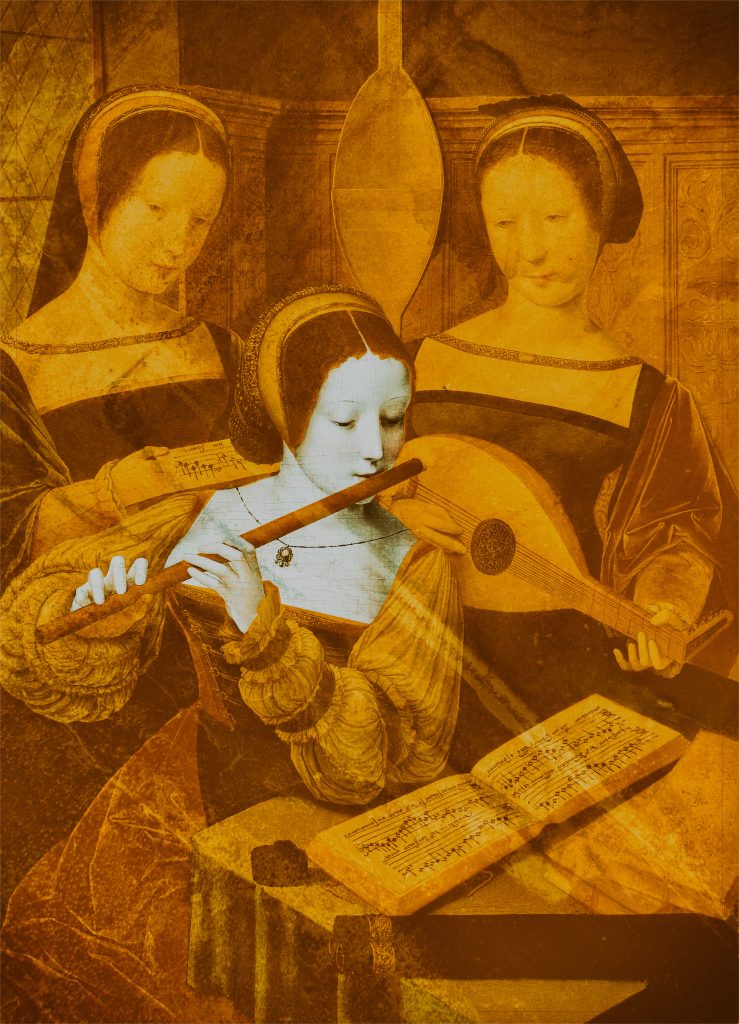
The latter one accommodated the most diverse directions. There were a stage vocal performance by Victoria Vitrenko dedicated to Maria Kalesnikova and all Ukrainian and Belarusian victims of totalitarian, cynical and brutal regimes in Russia and Belarus, Yevhen Petrychenko’s choral symphony-performance about Donbas as a component of the region’s distinctively Ukrainian culture. Large-scale symphonic event with premieres of music by Chinese, Greek, French and Ukrainian composers were combined with piano works by students-composers of the Mykola Lysenko Lviv National Academy.
Two significant programs were presented on November, 7 – it was mini-mono-operas by Ukrainian “Senza Sforzando” ensemble (Odesa) and the world-famous bass-baritone Rupert Bergman (Austria), that contained premiere of women-composers mostly; and the Closing of Festival: based on the renowned piece by the jubilee Yevhen Stankovych, Festival’s commission to prospective Lviv author Ostap Manulyak [Остап Мануляк], and classical XXth century masterpieces of Arnold Schoenberg and Witold Lutoslawski. The final chamber event of the forum called “Postlude” had to be postponed due to massive airstrikes by the aggressor Russia.
It is important to stress that the Ukrainian contemporary music scene has grown and strengthened during recent years, with both public and private institutions showing a high level. Among private institutions, Kyiv Contemporary Music Days’ mission is “to further strengthen the community around new music, to develop its ecosystem both in Ukraine and internationally by creating new formats and opportunities for professional interaction and realisation of artists in Ukraine and around the world”, as Albert Saprykin, composer, co-founder of KCMD claims. The generation of professional musicians devoted to contemporary music has grown. Important musicians are, amongst others, pianist Antonii Baryshevskyi, violinists Oleksiy Semenenko and Andrii Pavlov, double bassist Nazar Stets, oboist Maksym Kolomiiets.
Actually, these and other leading musicians have performed The Unplayed Concert on March 24 in Lviv Philharmonic. The chosen program was what they had planned to play across the country in peaceful circumstances, but instead had to leave their cities because of the war. The raised funds were donated to support the most vulnerable Ukrainian academic musicians affected by this war. The contemporary composers whose works were performed are Valentyn Sylvestrov, Zoltan Almashi, Morton Feldman, and Svyatoslav Lunyov.
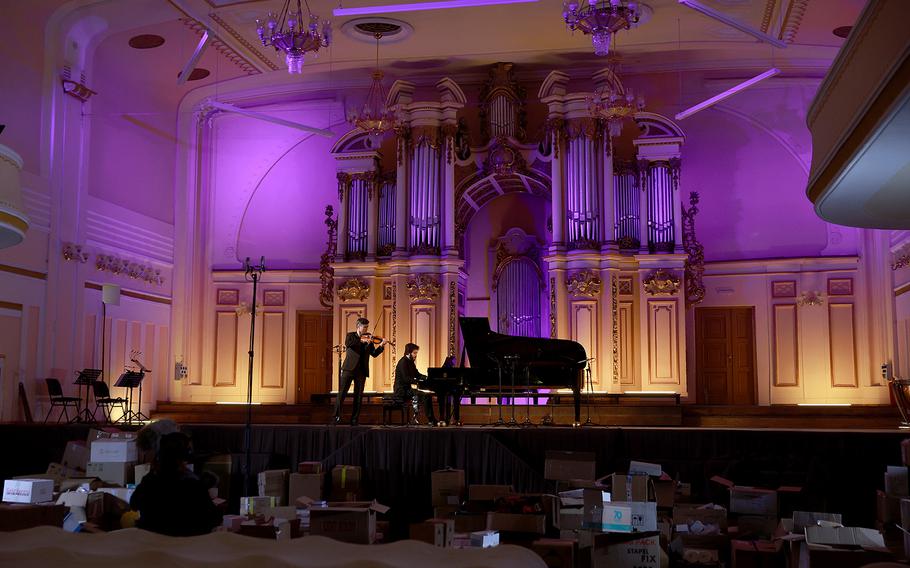
Aleksey Semenenko on violin and Antonii Baryshevskyi on piano play together during “The Unplayed Concert” live-streamed from the Lviv National Philharmonic Hall on March 24, 2022, in Lviv, Ukraine. (Joe Raedle, Getty Images/TNS)
The activities of the music community Platform ‘⅕ has spread recently. In 2021, musicians of the younger generation declared their mission to take a new look at contemporary music and its musical events in Ukraine. Among the interesting events coming from this initiative and which took place this spring was the concert Opportunity. Be. Here. Orest Smovzh & Albert Saprykin. Listeners were invited to an evening of unusual, quiet music by John Cage, Jukka Tiensuu and Albert Saprykin that should “encourage you to listen to yourself and feel the space here and now”. The second concert of the violinist Orest Smovzh [Орест Смовж] included compositions by, among others, Vitaliy Vyshynskyi and Maksym Kolomiiets. Both concerts had very intimate atmosphere and gathered mainly the true contemporary music followers.
Lviv’s independent music label and recording studio Golka Records also contributes to the contemporary scene. At the end of February, they released the CD Constellation where the Ukrainian violist Kateryna Suprun performs works by contemporary Ukrainian composers Zoltan Almashi, Oleksandr Levkovych, Valentyn Sylvestrov, Bohdan Kryvopust and Yevhen Stankovych. The recording significantly adds to the repertoire for this instrument. In May, Golka presented an open talk with artists about chamber music, symphony projects, tours and the consequences of the full-scale war.
A second significant release took place in May, connected to the performance of the music of Borys Liatoshinskyi. A trio named after the composer with Mykhaylo Zakharov, violin, Oleksiy Shadrin, cello, and Roman Lopatynsky, piano, gathered together with the aim of popularising Ukrainian composers’ works. Borys Liatoshinskyi was an outstanding composer, who managed to synthesise a European and national heritage. Liatoshinskyi’s two Piano trios are included on the album, which is also available on all popular streaming platforms.
The diversity of Lviv’s music environment is due to a long and broad cultural tradition where both cultural institutions and grassroots initiatives play important roles. Ambitious projects are realised at the Lviv National Opera, such as the premiere of Terrible Revenge, an opera by Yevhen Stankovych, with libretto by Stankovych, based on the novel by Mykola Gogol. It was staged in early November 2022. Despite the fact that the composer have been writing the work for 40 years, and the premiere itself was constantly postponed since 2000s, it turned out to be painfully consonant with nowadays. The unique symbolism of the opera production is here embodied in images of the military times. The heroes are freedom-loving cossacks, around whose life stories revolve the eternal question of betrayal, judgment and retribution. Spooky surrealist paintings are combined with biblical relics and indicate the inevitability of revenge on enemies who will get what they deserve.
An important factor that has contributed to such a sustainability of cultural management is actually the pandemic of COVID-19. This highlighted the necessity of equipment for broadcasting and fast adaptation in productions. Concert performances thus take place continually in Lviv between the air sirens. The concerts show the need for everyday music, gathering many devoted listeners. Musicians who contribute are firmly convinced that culture and art, especially in these difficult times, show their ability to survive and recover, and will bring us salvation.
For many centuries up until now, Ukrainian culture has lived in the shadows of Russian culture. Not only the city of Lviv shows that we are keen on changing this. It was stated by the governmental institutions that Ukrainian artists are recommended not to include Russian music in their programs. Referring to this, the Director of the Lviv National Philharmonic, Volodymyr Syvokhip said, “We have always made efforts to present Ukrainian music, but we put the European classics first. Now we understand that even the fundamental idea of program-making needs to be changed”.
Even though Ukrainian artists were neither physically nor mentally repressed by the Soviet regime, they suffered from a general imperial policy throughout the previous centuries. For many artists, such as the key figure of Ukrainian modernism leading 20th-century composer, Borys Liatoshynskyi, the only way to make a career was in the cosmopolitan cities. The Ukrainian “periphery” was neglected, left to produce only “folk” art and was looked down upon, regarded as unimportant for high art. Liatoshynskyi’s contemporaries, such as Prokofiev or Shostakovich, became extremely successful and well known, and Liatoshynskyi has stayed in their shadow. But his music was also avant-garde and very prominent at that time.
Regarding the recognition of Ukraine in the cultural arena, nothing has changed radically. The world knows Russian artists but not the Ukrainian ones. There is now an urge to change this and to support Ukrainian art and music by listening to and inviting our musicians to the concerts and projects. Participating in art events in Ukraine, especially in Lviv, a city strongly connected with European society, is paramount. We are getting tired of the Ukrainian tragedy. We want to show internationally that our country exists and has its own unique history and culture.
Many of the commentators in the chats at the extremely well attended online concerts wrote that they had just learned about Ukrainian musicians and some Ukrainian music pieces. A large percentage of the audience are not professional musicians, but interested listeners, open to new music, ready to listen to new experiments and artworks. The opportunity to attend radically different events and festivals, skillfully organised by music managers, testifies to the new heyday of Ukrainian music. Moreover, most of these concerts are charitable and raise funds for the Armed Forces, so in addition art becomes the guardian of our lives and the existence of Ukraine.
The war disrupted our lives, changed routines and had us rearrange and make new plans. Everyday, people leave their homes and say goodbye to places and people they love. The reality is broken down; it has caused dramatic changes. We feel that we will not be able to get back to the normal life we had before. War in the centre of Europe in the 21st century is something impossible to imagine. Ukrainian artists are now fighting alongside our fighters in the front line, performing in Ukrainian cities and going abroad to show the world our culture.
The author is a musicologist, music critic, head of international relations of the Lviv Philharmonic Orchestra and editor of the portal “The Claquers”
The text was written in July 2022 and was completed in December 2022
Klaus Gehrke, “Musical lamentation”, Deutsche Welle, 2014, www.dw.com/en/world-war-i-lamentation-in-music/a-17838815. ↩
